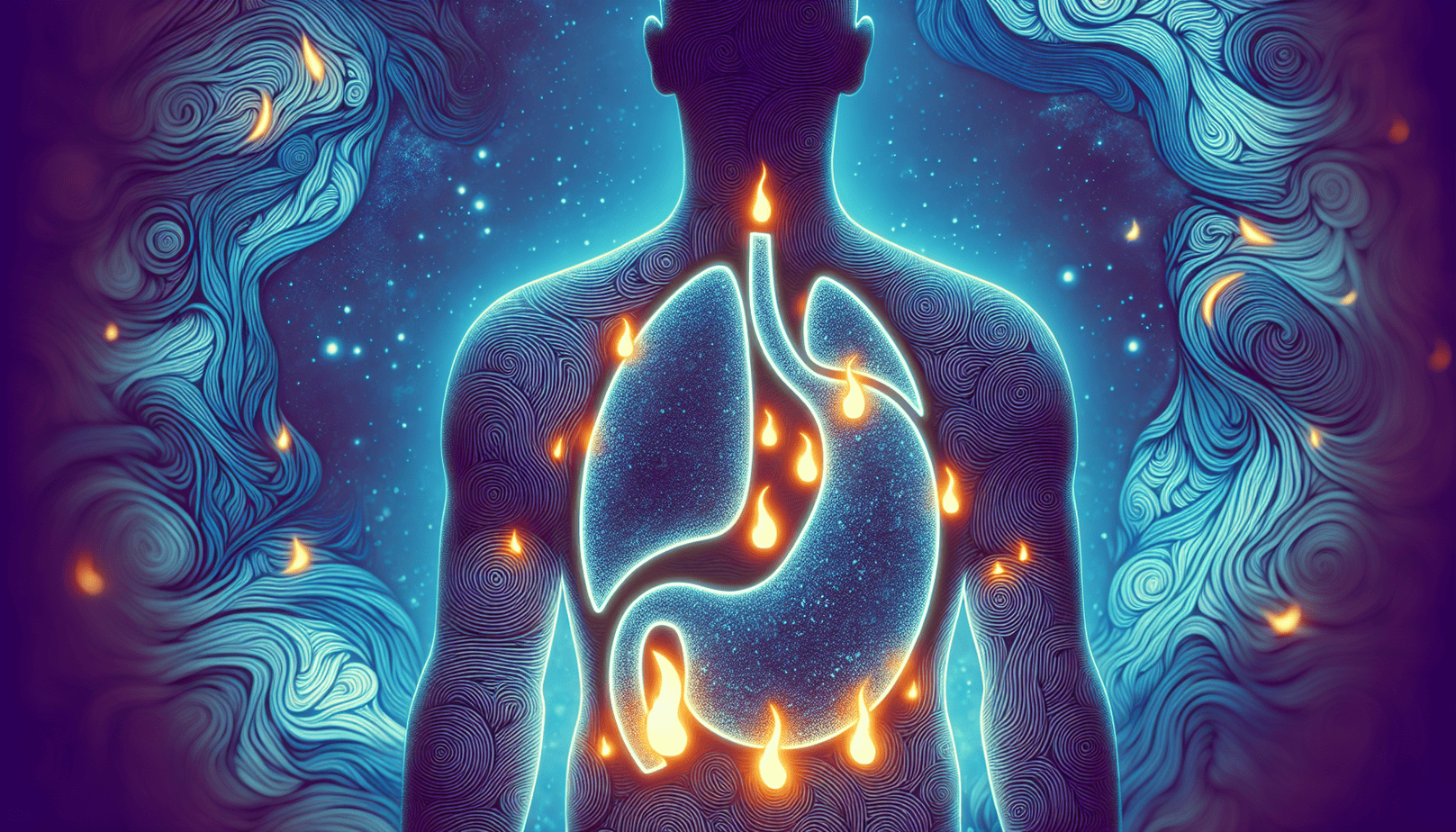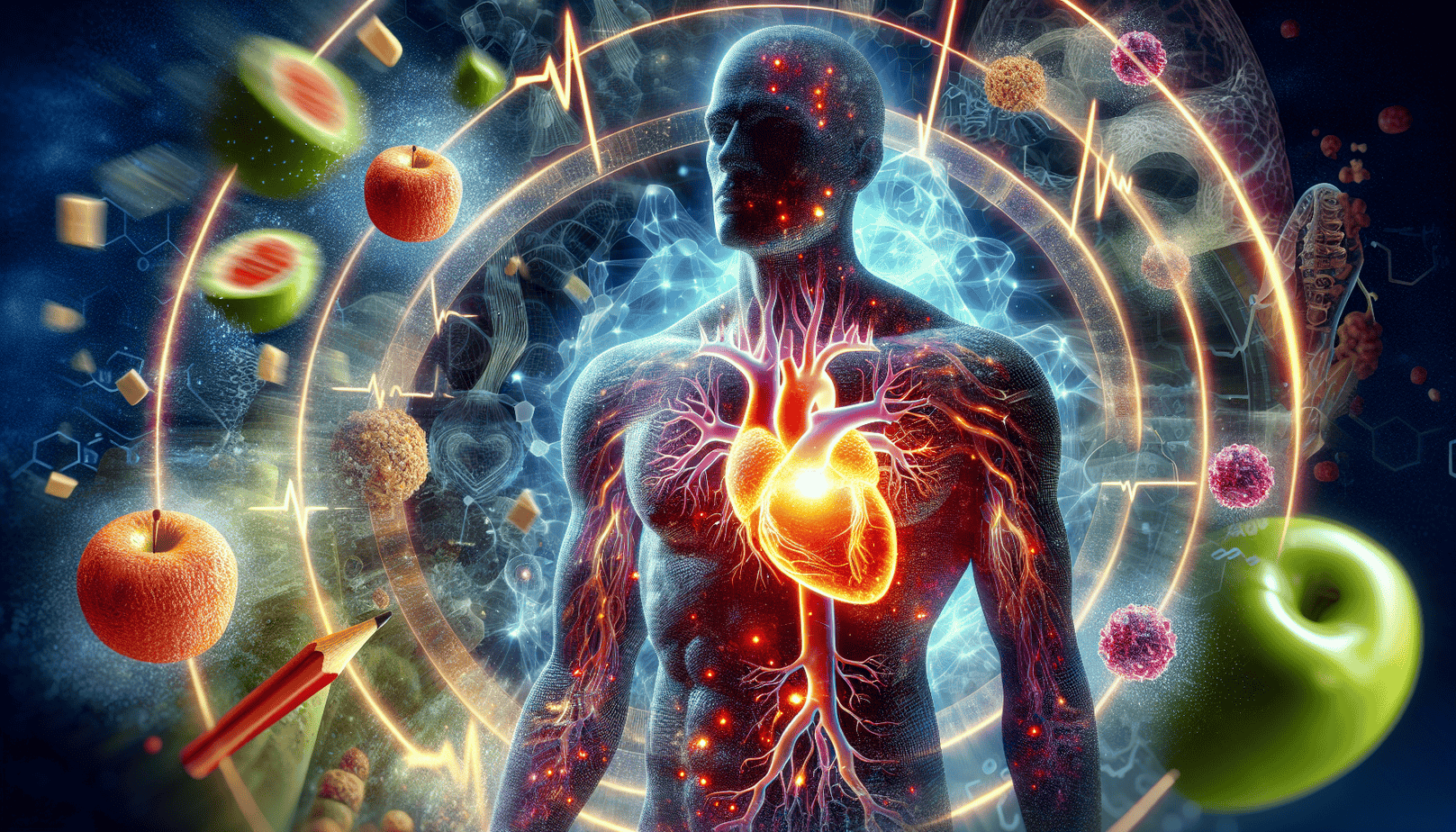Considering a 3 day fast? Get straight to the heart of what you need to know with this direct guide. Discover the key benefits such as fat loss and whether you can actually keep the weight off.
Learn how this intensive fast affects your body and mind, and navigate potential risks with critical precautions. This isn’t just about lasting 72 hours without food; it’s about making an informed decision for your health—let’s begin that journey here.
Key Takeaways
-
A 3-day fast involves water-only consumption for 72 hours, which leads to ketosis and has potential benefits for fat loss, muscle mass preservation, and improved insulin sensitivity.
-
Short-term fasting can enhance cardiometabolic health, reduce blood pressure, stimulate autophagy for cellular renewal, and potentially improve cognitive function and mental well-being.
-
While there are various benefits, fasting poses risks such as dehydration, exacerbating underlying health conditions, triggering disordered eating behaviors, and weight regain post-fast without a balanced diet and regular exercise.
Understanding the 3 Day Fast

A 3-day fast, as the name suggests, involves abstaining from food and consuming only water for a continuous period of 72 hours. During this time, not a morsel of food nor a sip of any other beverage is ingested, making it a complete water fasting practice.
The idea of not eating for three whole days might sound daunting, but the practice has gained a considerable following. The fascination comes from the potential for quick weight loss and assorted health benefits.
From improved mental clarity to reduced inflammation, the promises of a 3-day water fast are many. However, just like any health regimen, it’s vital to comprehend the underlying science before embarking on it.
The Science Behind Fasting and Fat Loss

Let’s start with the basics. Upon food consumption, your body utilizes what’s necessary for immediate energy while reserving the excess for future use.
The first source of energy that the body taps into is glycogen, a form of sugar stored in the muscles and liver. Fasting depletes these glycogen stores, forcing the body to look for an alternative energy source.
That’s when the magic of fat loss kicks in. With the depletion of glycogen stores, the body transitions into a state called ketosis, where it begins to burn its stored body fat for energy.
This process is further supported by increased levels of hormones like human growth hormone and norepinephrine that promote fat loss. So, in essence, fasting leads to fat loss by inducing ketosis – a metabolic state where the body burns stored fat for fuel.
Impact on Metabolism
Fasting can have a profound impact on your metabolism. For instance, a 3-day fast can lead to a rise in norepinephrine, a hormone that promotes the ability to burn fat, resulting in an increase in metabolic rate by up to 14%.
However, it’s not all smooth sailing. While an initial increase in metabolic rate can be beneficial, entering a starvation mode during prolonged fasting can decrease the normal metabolic rate.
This can lead to potential weight gain once normal dietary patterns are resumed. Hence, grasping the metabolic alterations during fasting is crucial for reaping its benefits and mitigating potential hazards.
Preservation of Muscle Mass
A common concern with fasting is the potential for muscle loss. However, fasting, particularly short-term fasting, has been shown to help preserve muscle mass.
In the course of fasting, the body generates ketones, compounds aiding in the preservation of the amino acid leucine, a vital component for muscle upkeep.
Moreover, fasting can lead to increased insulin sensitivity in cells. After a fast, when nutrients are reintroduced, this enhanced insulin sensitivity can aid in muscle recovery and growth. Thus, fasting may not only aid in weight loss but can also help maintain and potentially enhance muscle mass.
Health Benefits Associated with Short Term Fasting

Aside from weight loss, short-term fasting like a 3-day fast can confer several health benefits. It can enhance cardiometabolic health by improving insulin sensitivity and better regulating blood sugar levels. This metabolic shift can be particularly beneficial for individuals with insulin resistance or type 2 diabetes.
Water fasting has also been shown to reduce blood pressure in individuals with hypertension, potentially contributing to improved heart health. Additionally, fasting stimulates a process called autophagy, which plays a crucial role in cellular renewal. By replacing old and damaged cells with new ones, autophagy may help slow down the aging process.
Cognitive Function and Well-being
An often-overlooked benefit of fasting is its potential impact on cognitive function and mental well-being. During fasting, there are modifications in the nervous system, including a reduction in glucose consumption and increased metabolism of ketone bodies. These neurological adaptations may enhance cognitive functions such as mental clarity and focus.
Many individuals who engage in water fasting report enhanced mental clarity and concentration. To support cognitive function and counteract potential stress during a fast, engaging in deep breathing exercises can also be beneficial.
Thus, a 3-day fast might provide a mental rejuvenation in addition to physical gains.
Autophagy and Disease Prevention
Autophagy, a term derived from the Greek words for “self” and “to eat,” is a process where old parts of cells are broken down and recycled. Water fasting activates autophagy, which can have a therapeutic impact on neurological diseases and potentially help prevent other diseases.
However, despite the promising correlation between water fasting, autophagy, and disease prevention, further human studies are required for an in-depth understanding of this interplay. Nonetheless, the potential benefits of autophagy add another fascinating dimension to the practice of short-term fasting.
Recognizing the Potential Risks Involved

While the benefits of a 3-day fast may be appealing, comprehending the potential risks is equally significant. A 3-day fast can lead to adverse health symptoms such as:
-
dizziness
-
weakness
-
dehydration
-
hypoglycemia
In some cases, it may also exacerbate underlying health conditions like gout, eating disorders, and chronic diseases.
Water fasting without medical supervision can be risky, especially for periods extending beyond 72 hours, which can lead to more severe health outcomes requiring discontinuation of the fast. Therefore, it’s crucial to pay attention to your body’s signals during a fast and to maintain proper hydration. If overwhelming side effects occur, such as headaches or nausea, the fast should be ended immediately.
Kidney Function and Hydration
During a 3-day fast, it’s essential to keep hydration levels up. Up to 30% of daily water intake usually comes from food, so during a water-only fast, there’s a significant risk of dehydration. You should keep an eye out for symptoms such as:
-
thirst
-
dry mouth
-
headache
-
dizziness
-
fatigue
-
weakness
-
vomiting
-
muscle cramps
-
fainting
These could indicate a problem with dehydration.
Additionally, electrolyte imbalances can occur during fasting if you drink only water without replenishing electrolytes normally obtained from foods or other beverages.
This can lead to changes in kidney function, indicating the need to maintain electrolyte balance and hydration throughout the fast. To maintain essential nutrient levels, it’s recommended to take multivitamins and incorporate a pinch of salt in the water.
Addressing Disordered Eating Behaviors
Another potential risk associated with fasting is the triggering of disordered eating behaviors. Therefore, consulting a doctor is important before attempting any type of fast to ensure it’s done safely. This is particularly important for individuals with a history of disordered eating, as fasting can trigger these behaviors again.
Following a period of fasting, there may be an increased appetite, which can lead to overeating, particularly affecting those with disordered eating patterns. Therefore, post-fast, it’s crucial to be mindful of your food intake and to reintroduce foods gradually to avoid overeating and potential rebound weight gain.
Sustainable Weight Loss vs. Quick Fixes
Although a 3-day fast may appear as an instant solution for weight loss, it’s imperative to realize that it doesn’t offer a long-term solution. One may wonder how much weight can be lost during a 3-day fast; however, the weight lost often consists of water weight, which can be quickly regained once normal eating resumes.
For a healthier and more effective approach to long-term weight loss, a consistent exercise routine coupled with a nutritious, low calorie diet is recommended over short-term fasting solutions. Regular intermittent fasting schedules or maintaining a balanced diet with regular exercise are healthier ways to lose weight compared to a 3-day fast.
Preparing for a 3 Day Fast
If a 3-day fast is on your mind, adequate preparation is critical. This includes transitioning to a diet focusing on whole, plant-based foods and avoiding processed items, sugars, caffeine, and alcohol.
In the days leading up to the fast, it’s beneficial to reduce meal portions and incorporate partial-day fasts to acclimate the body. Choosing a period with minimal stress, free of social obligations, and that allows for rest and relaxation is also recommended when initiating a fast.
Life After the Fast: Resuming Normal Diet
Breaking the fast is as significant as the fasting period itself. Refeeding syndrome is a potentially fatal condition that can occur when resuming eating after a prolonged fast and needs to be actively avoided upon completing a fast.
To safely break a fast, one should start with gentle, easily digested foods like broths and liquids, incorporating moderate protein and healthy fats without overeating. Resuming a regular diet should be done over several days, taking half the duration of the fast as a guideline, and being mindful of the cleaner state of the digestive tract post-fast.
Gradual Reintroduction of Essential Nutrients
When breaking a fast, it’s crucial to reintroduce essential nutrients gradually. Here are some foods that can be beneficial in this process:
-
Smoothies
-
Soups
-
Avocados
-
Eggs
Including small portions of protein in the first meal post-fast is important for the body’s rebuilding and repairing processes.
However, it’s vital to be aware of potential nutrient deficiencies that may arise from practices like juice fasting due to sugar spikes. Therefore, balanced nutrient reintroduction is important after fasting.
Avoiding High Blood Pressure Spikes
Post fasting, it’s essential to make considerate dietary choices to sustain stable blood pressure. Sudden increases in blood pressure can occur if one overeats or consumes high-sugar and high-fat foods post-fast. Therefore, maintaining a balanced and healthy diet after fasting is key to maintaining the benefits gained during the fasting period.
Monitoring Your Health During a Fast
Keeping a close eye on your health during fasting is fundamentally important. This includes keeping track of hydration levels and observing changes in health indicators such as bowel movements.
Progress and physical responses during fasting can be tracked with tools like ketone meters, body calipers, and heart rate monitors. These tools offer valuable data to ensure safe and effective fasting. Also, it’s advised to have health parameters assessed through blood and urine tests both before and after the fasting period.
Alternative Approaches to Fasting

A 3-day fast may not suit everyone. For those looking for more sustainable options, there are alternative approaches to fasting. Intermittent fasting involves short-term fasts or time-restricted eating, such as daily eating windows of 6 to 12 hours, or fasting for 12 to 48 hours typically repeated weekly.
Periodic fasting involves fasting for longer periods and is practiced less frequently. Fasting-mimicking diets provide calorie intake that mimics the metabolic effects of fasting over 4 to 7 days. Intermittent fasting may also help preserve muscle mass better than continuous calorie restriction and is a more sustainable approach for weight loss.
Summary
A 3-day water fast can serve as a potent tool for potential rapid weight loss and an array of health benefits, from improved cardiometabolic health to enhanced cognitive function. However, it’s essential to approach it with caution, understanding the potential risks involved, and ensuring adequate preparation before embarking on the fast.
While a 3-day fast can be a transformative experience, remember that it’s not a cure-all or a sustainable solution for weight loss. Long-term health and wellness lie in balanced nutrition, regular physical activity, and mindful living. A 3-day fast, or any other fasting regimen, should be viewed as a potential tool within a larger toolbox of health and wellness strategies.
Frequently Asked Questions
What does a 72 hour fast do to your body?
A 72-hour fast can lead to a decrease in blood sugar levels as the body utilizes stored glycogen for energy and shifts into ketosis to burn fat for fuel. It is important to consider potential health implications and consult a healthcare professional before attempting prolonged fasting.
Can a 3 day fast lead to significant weight loss?
A 3-day fast can lead to some weight loss, but it’s mostly water weight that can be regained quickly once normal eating is resumed.
Are there alternatives to a 3 day fast?
Yes, there are alternatives to a 3-day fast such as intermittent fasting, periodic fasting, and fasting-mimicking diets. These can provide similar health benefits without the extended duration of a 3-day fast.
